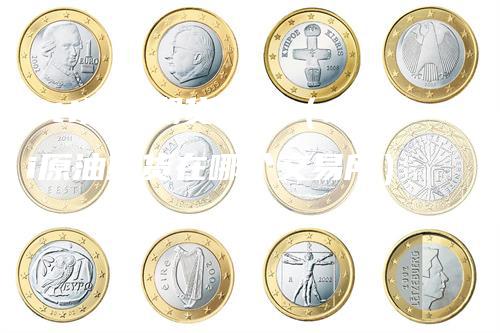
What is the WTI crude oil futures contract code?
The code for the WTI crude oil futures contract is \"CL.\" This code is used to identify and distinguish the WTI crude oil futures contract from other commodities traded on the same exchange.
Which exchange trades WTI crude oil futures?
The WTI crude oil futures contract is primarily traded on the New York Mercantile Exchange (NYMEX), which is a commodity futures exchange located in New York City, United States.
Why is the WTI crude oil futures contract popular?
The WTI crude oil futures contract is popular for several reasons:
1. Global Influence: WTI crude oil is one of the most widely recognized benchmarks for global oil prices, and its futures contract reflects the supply and demand dynamics of the global oil market.
2. Trading Volume: The WTI crude oil futures contract has high trading volume, making it a liquid market where buyers and sellers can easily enter and exit positions.
3. Price Transparency: The WTI crude oil futures contract provides transparency in pricing, allowing market participants to assess and make informed decisions based on the prevailing market conditions.
Who trades WTI crude oil futures?
Various market participants trade WTI crude oil futures, including:
1. Institutional Investors: Hedge funds, mutual funds, and other institutional investors use WTI crude oil futures to gain exposure to the oil market and manage their portfolio risk.
2. Oil Producers and Consumers: Oil producers and consumers, such as oil companies and airlines, use WTI crude oil futures to hedge against fluctuations in oil prices and mitigate their exposure to market risk.
3. Speculators: Speculators, including individual traders and proprietary trading firms, trade WTI crude oil futures to profit from short-term price movements and market inefficiencies.
What factors influence the price of WTI crude oil futures?
The price of WTI crude oil futures can be influenced by several factors:
1. Supply and Demand: Changes in global oil production, consumption, and geopolitical events can impact the supply and demand dynamics, thereby affecting the price of WTI crude oil futures.
2. Economic Indicators: Economic indicators, such as GDP growth, inflation rates, and employment data, can influence oil demand and, consequently, the price of WTI crude oil futures.
3. OPEC Actions: Decisions made by the Organization of the Petroleum Exporting Countries (OPEC) and its allies regarding production quotas and supply adjustments can have a significant impact on the price of WTI crude oil futures.
4. Currency Exchange Rates: Fluctuations in currency exchange rates, particularly the US dollar, can affect the price of WTI crude oil futures, as oil is primarily traded in US dollars.
5. Market Speculation: Speculative trading activities and investor sentiment can create short-term price volatility in WTI crude oil futures, independent of fundamental supply and demand factors.
Conclusion
The WTI crude oil futures contract, traded on the NYMEX exchange, is a widely recognized benchmark for global oil prices. Its code, \"CL,\" allows market participants to identify and trade this contract. With its popularity stemming from global influence, high trading volume, and price transparency, WTI crude oil futures are traded by various market participants, including institutional investors, oil producers and consumers, and speculators. The price of WTI crude oil futures can be influenced by factors such as supply and demand dynamics, economic indicators, OPEC actions, currency exchange rates, and market speculation.